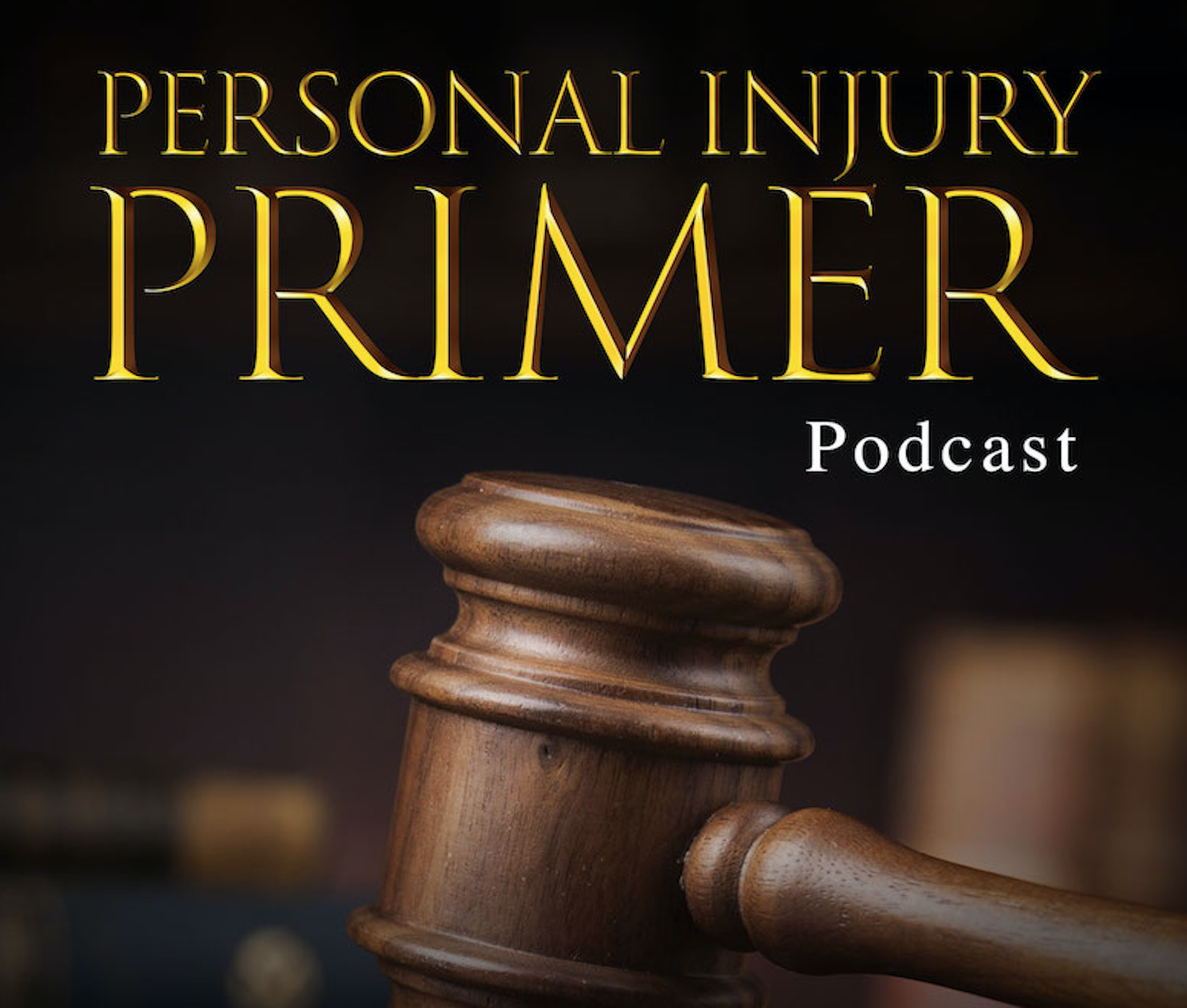

Food Preparation in Indiana Restaurants
I’m David Holub, an attorney focusing on personal injury law in northwest Indiana.
Welcome to Personal Injury Primer, where we break down the law into simple terms, provide legal tips, and discuss personal injury law topics.
Today’s episode was prompted by the deposition I recently prepared for on a food poisoning case that settled.
The preparation reminded me how demanding we are, and rightly must be, with our restaurant industry. Indiana food safety and health regulations are well set forth and well organized. Failure to follow them at a restaurant will invariably lead to illness caused by a lack of sanitary conditions.
In preparation for this deposition, we contacted the local health department and received all of the complaint and inspection records for five years prior to the incident where our client says he experienced salmonella poisoning after eating at the restaurant.
The inspection records were quite revealing. The local health department noted problems with cockroaches, a sink in the kitchen that was inoperative, a lack of paper towels in the kitchen, employees engaging in food preparation without proper hand sanitation, and a lack of any hairnet worn by food preparers. They also found a lack of proper functioning dish and silverware cleaning equipment in the kitchen, a hole in the refrigerator door, a slimy green substance found in an ice chest, and no functioning temperature probes to be used for preparing chicken, fish, and beef. On one inspection the cooking griddle was filthy. On another occasion, no Certified Food Handler was present as required by Indiana law. The list goes on and on.
The witness I prepared to depose was a food preparer who was hired to prepare food at the table side and put on a show for guests. Obviously, this is not how most food preparation occurs.
But if you’re selling point is to make a show of preparing food at the table side you must still comply with regulations requiring the use of temperature probes. You’re supposed to still make sure the grill is operating at the required temperature. All food items must be properly handled and properly refrigerated before the raw food is brought out from the kitchen to the table side. But in this instance, it appears that none of that was done.
So contracting salmonella poisoning was highly likely under the circumstances.
Why? Because Salmonella infection occurs from the consumption of raw meats and eggs, contaminated dairy foods, such as unpasteurized milk, or fruits and vegetables contaminated by unsanitary food handlers. Food may be contaminated by rodent feces. The contamination may be spread by food preparers who fail to wash their hands, unclean utensils, and unclean cutting boards.
This is why having a Certified Food Handler, present as required under Indiana law is so important. A Certified Food Handler is a person who has a certificate from an accredited Food Protection institution.
What are these highly trained people expected to know? Things like requirements for heating and serving precooked foods and preparing and serving packaged or unpackaged foods that are potentially hazardous foods.
A Certified Food Handler must successfully pass an accredited examination administered by an accredited testing service. The restauranter must al